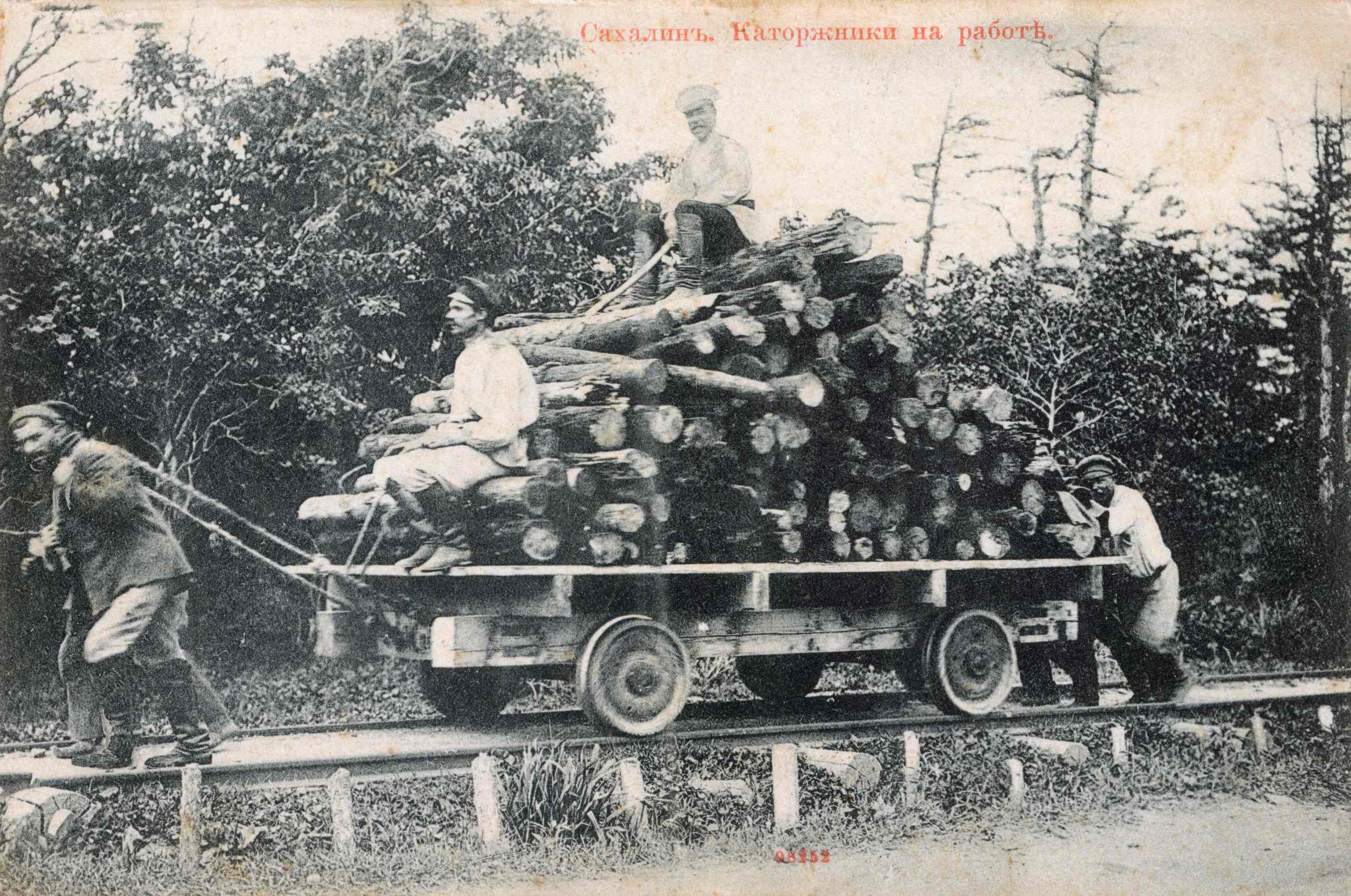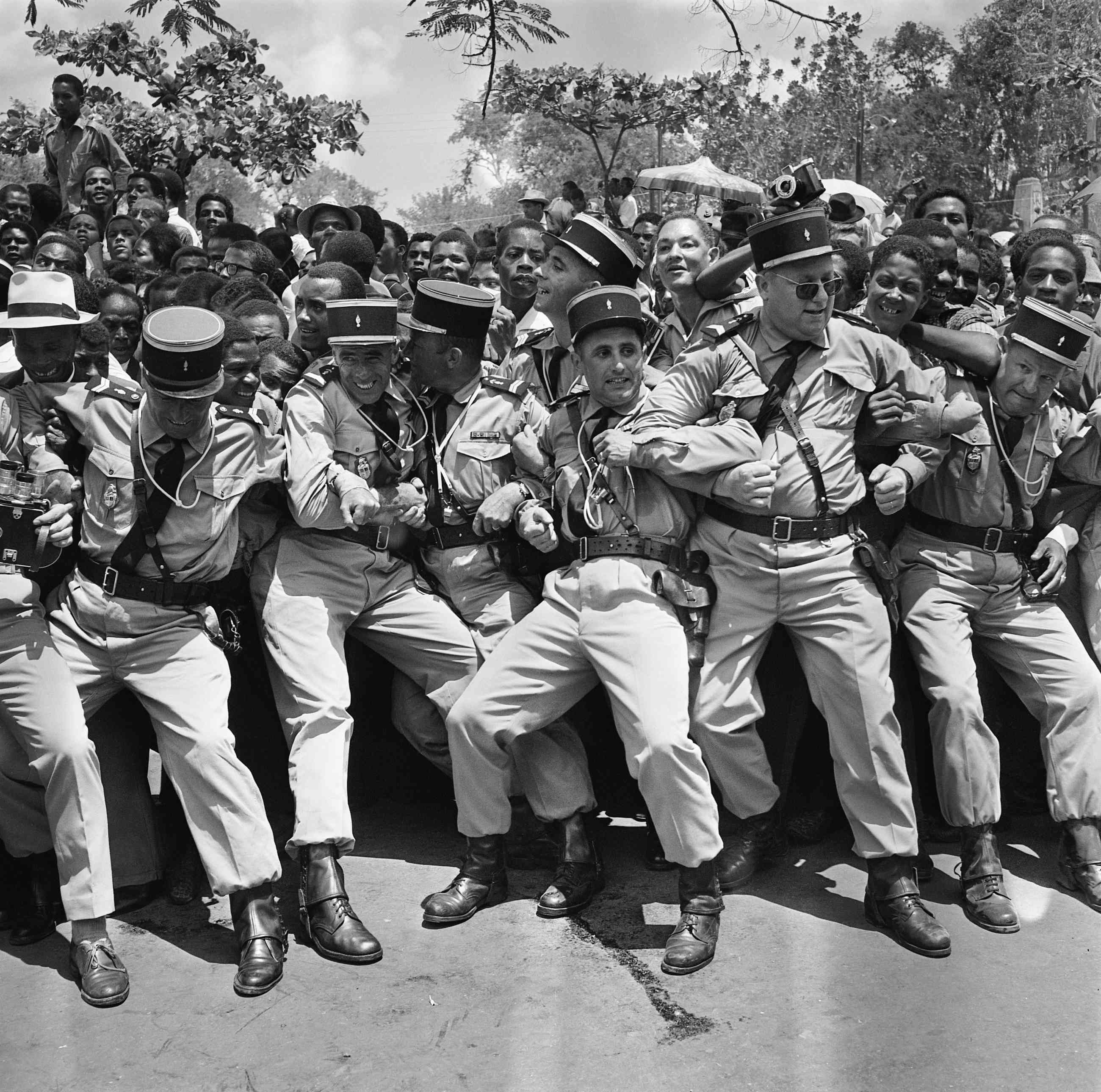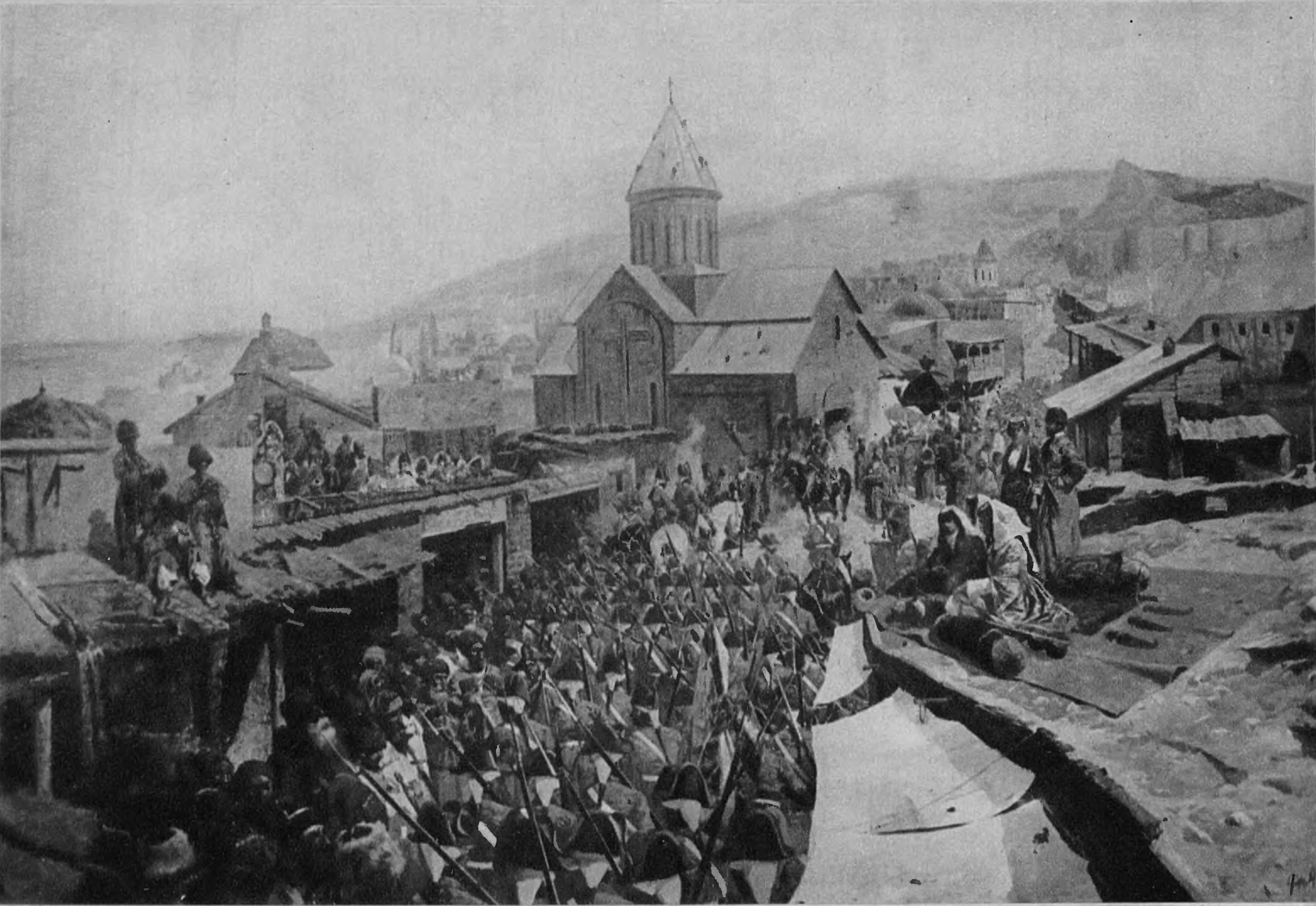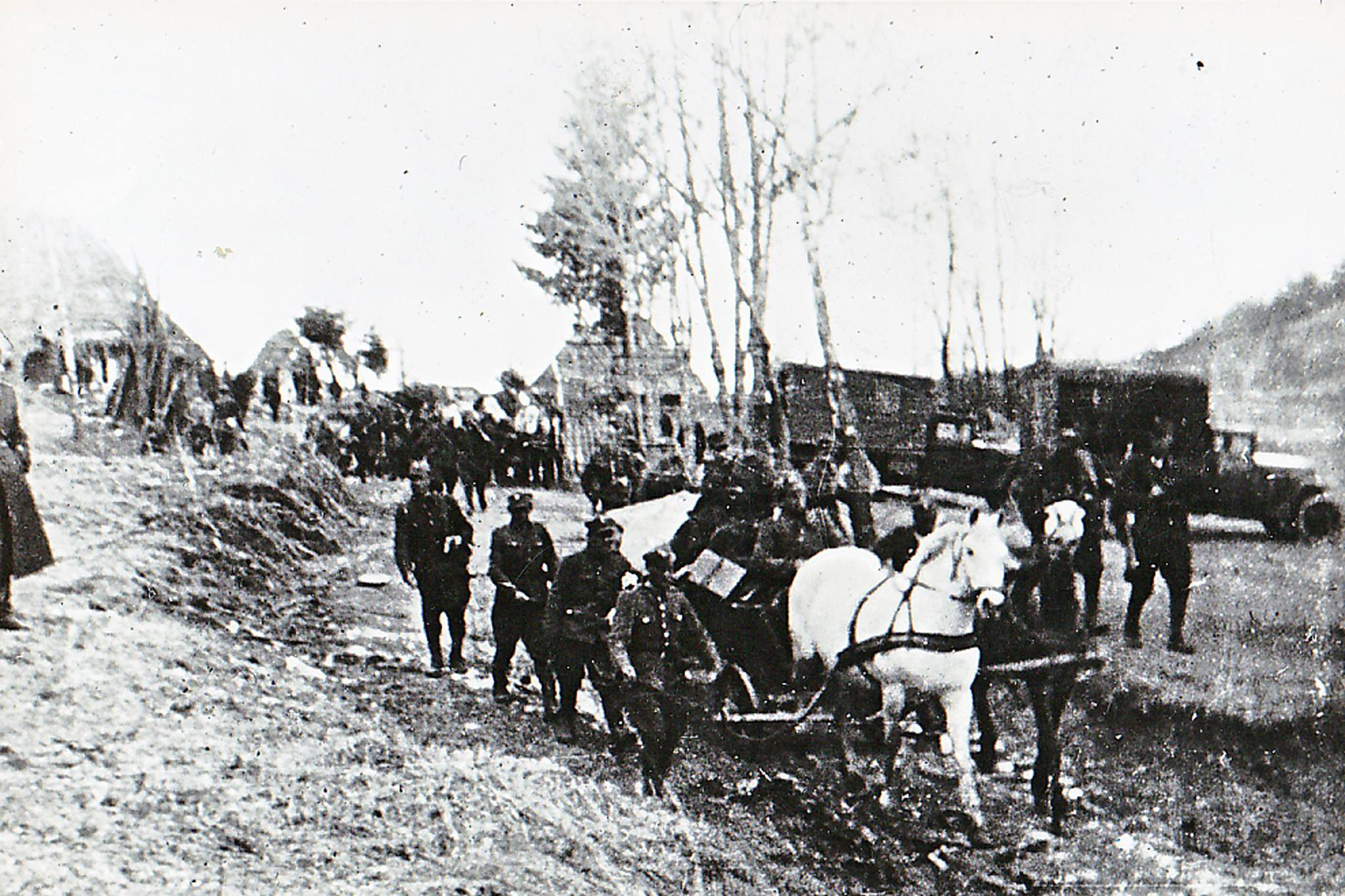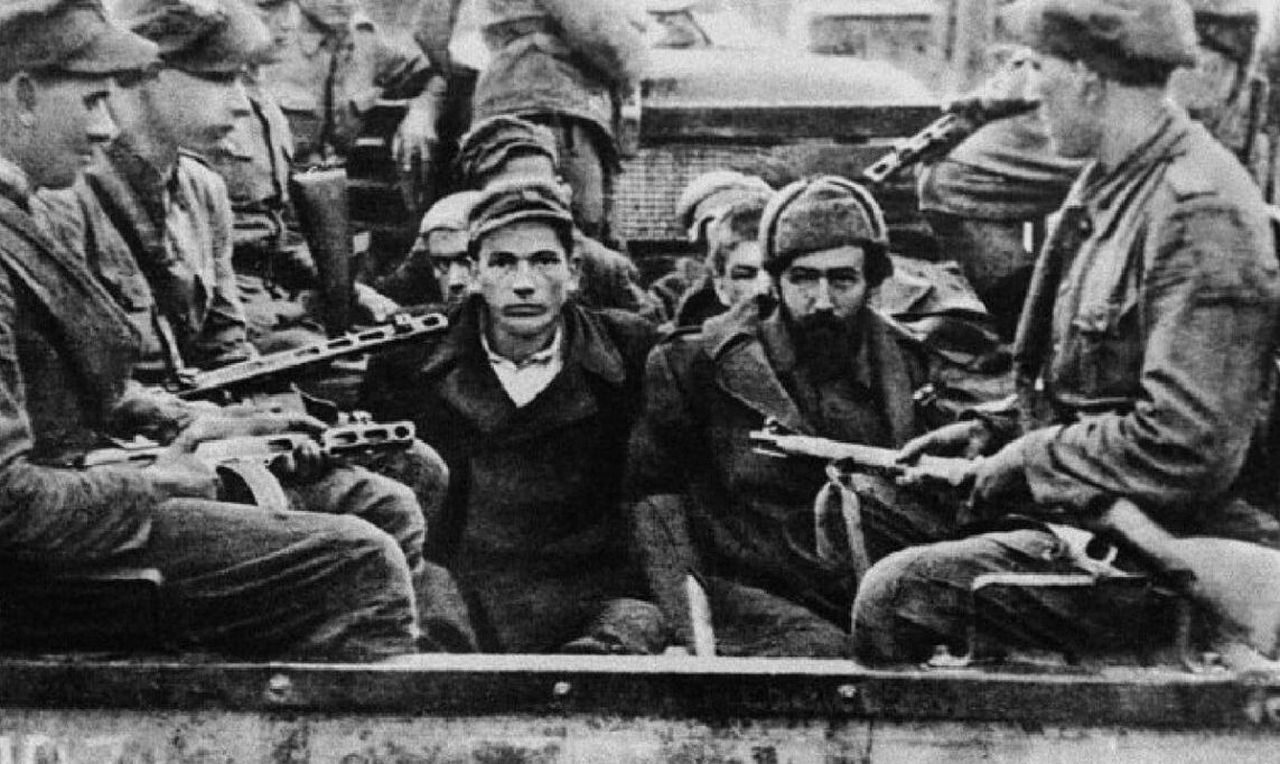Putin Considers Russia an Anti-colonial Champion. But It Is Quite the Opposite. We Explain Why
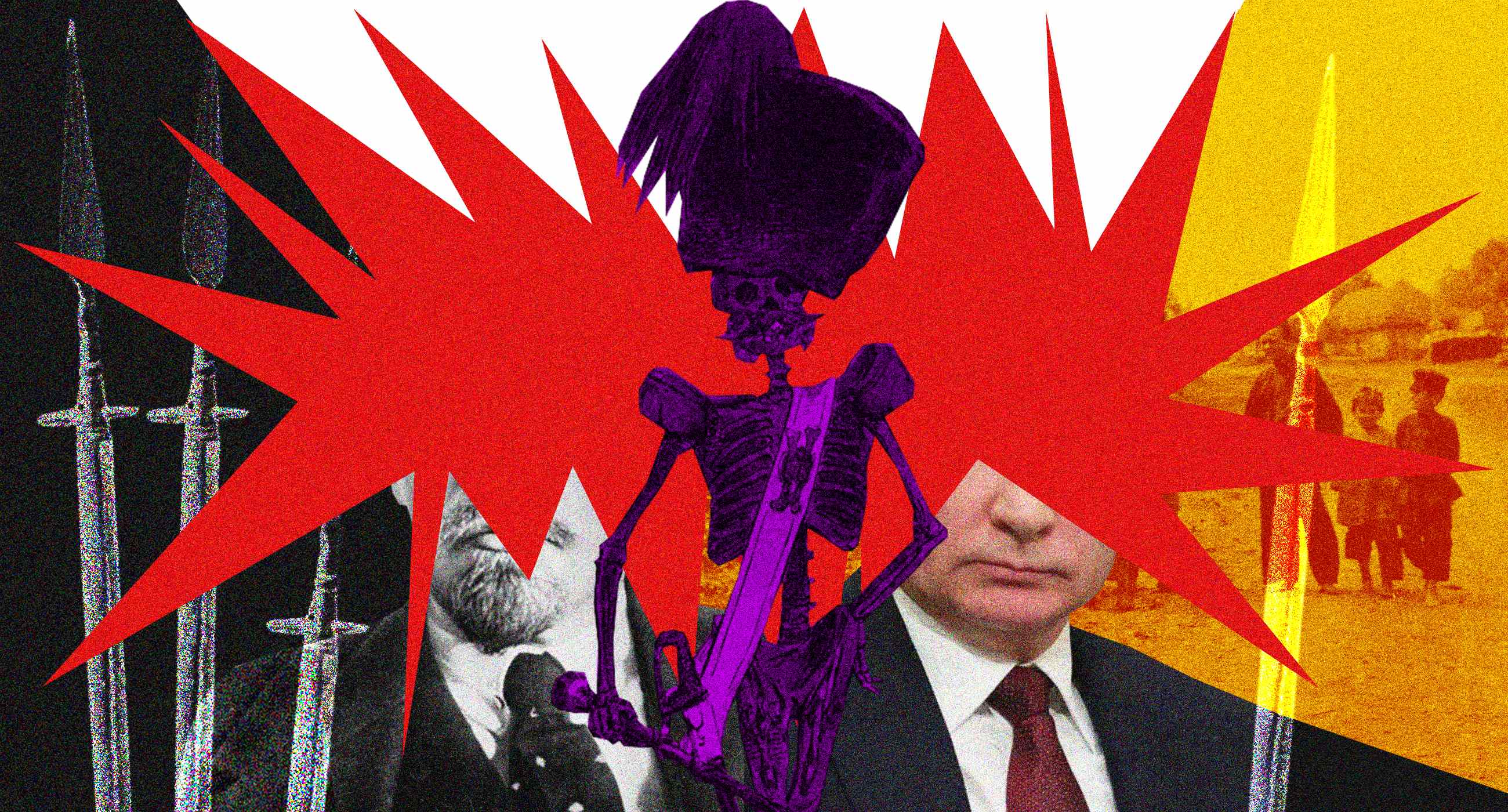
This is a joint project of Zaborona and Volya Hub, an international network of journalists, investigators, and historians that disseminates information about Russian colonialism. In the first article and video explainer, we looked at the phenomenon of colonialism, its varieties, and its impact on enslaved peoples. This time, we explain why Russia should be considered a colonial empire, despite the Kremlin’s attempts to convince the world otherwise (the material is also available in video explainer format).
What is the difference between colonialism and imperialism?
These two practices are often considered synonymous because colonialism and imperialism have a lot in common, primarily political and economic control over a dependent territory.
The etymology of the terms helps to understand the difference. The word “colonialism” comes from the Latin “colonus”, meaning “farmer.” In the past, the practice of colonialism involved the resettlement of people to a new territory, where they lived as permanent settlers while maintaining political loyalty to their country of origin. But with technological progress, everything has changed: humanity has gained the ability to travel to the most remote corners of the planet, and at the same time to relocate many more people across the oceans without breaking political control between countries.

Russian convicts on the island of Sakhalin work on the transportation of timber on the main railroad. Hard labor (katorga) was established by Russia on Sakhalin in 1857. Photo: Mary Evans / Grenville Collins P / SCANPIX
Instead, the term “imperialism” is based on the Latin “imperium”, which means “to command.” That is, one country can oppress another not only through resettlement but also, in particular, through control over sovereignty. Imperialist ideology promotes a worldview according to which one group of people or nation considers itself superior to others and thus has the right or duty to convey its ideas to “lower” or “more primitive” cultures. However, in the case of the world’s most famous empires, this “civilizing mission” actually served as a justification for the occupation to extract raw materials.

Charles de Gaulle’s visit to Central America, March 23, 1964. Police holding back a crowd in Fort-de-France. Photo: Jacques Boissay / SCANPIX
Why is Russia a colonial empire?
Researchers identify many types of imperialism and colonialism, but most of them agree on the characteristics that make a country a colonial empire.
- Centralized control — one center, a metropolis that controls the periphery.
- Inequality — people who live in the metropolis have more privileges, a higher status than others, and are considered more civilized.
- Violence (economic, cultural, social) — the metropolis oppresses people from the periphery, and this often leads to uprisings that need to be suppressed.
- Imperialist consciousness of the aggressor country — the belief that the country has the right to oppress colonized peoples.
- Forcible assimilation and distortion of national identities to meet the standards of the metropolis is what makes an ordinary empire colonial.
Russia once recognized itself as a colonial empire. During the 18th, 19th, and early 20th centuries, the top Russian authorities openly dreamed of copying Western methods of colonization in the Caucasus, Central Asia, and even Africa.
Here are the words of the Russian Minister of Finance, Yegor Kankrin, who held this position from 1823 to 1844: “It is not without reason that the Transcaucasian provinces can be called our colony, which should bring the state the important advantages of the southern climate.”

Russian troops entering Tiflis (1799). Artist. F. A. Rubo. Photo: Wikimedia
According to historian Oleksandr Polianichev, the word “colony” was commonly used in the Russian Empire at the time, and Kankrin’s idea was to consider the South Caucasus and Georgia in particular as a quasi-tropical colony, which would supply “southern” goods to the metropolis.
Why is it worth talking about Russian colonialism right now?
After the start of the full-scale invasion, the world saw the crimes Russia committed against the Ukrainian people. However, not everyone realizes that this war lasted for centuries (although not always with the use of heavy weapons) and involved not only Ukraine but also other states neighboring Russia.
The gaps in historical knowledge are multiplied by outdated prejudices that metropolises and colonies should be separated by oceans and that only people of color can be colonized. This is a very one-dimensional view, and colonial in itself. In contrast, contemporary scholars (e.g., Iva Thompson) cite the examples of Ireland and Scotland, which, like Ukraine, became victims of the absorption of neighboring territories.
On the other hand, many researchers of colonialism and imperialism feel a certain sympathy for pro-Marxist scholars, since it was their research that formed the basis of postcolonial studies. When colonialism began to be perceived as an obviously negative phenomenon in the early 20th century, Moscow quickly changed its slogans and began to build an image of an anti-colonial champion.
From Lenin to Putin, Russian propaganda has been claiming for decades that Russia is the enemy of colonialism. However, while Russia was broadcasting one thing to the outside world, a typical scenario of colonial imperialism was unfolding behind the Iron Curtain. “The Executed Renaissance,” Operation Vistula, and Brezhnev’s Circular are just a few episodes of Russia’s colonial war against Ukrainian culture, language, and people during the Soviet era.

Forced eviction of a Ukrainian village in the Western Beskydy by the Polish battalion Poznan, 1947. Photo: Wikimedia 
Forced eviction of a Ukrainian village in the Western Beskydy by the Polish battalion Poznan, 1947. Photo: Wikimedia
Modern Russia equates the Ukrainian language, symbols, and songs with extremist symbols, deports Ukrainians from their native lands, gives Ukrainian children abducted during the full-scale invasion for adoption, and generally wages a genocidal war in an attempt to end Ukraine’s existence as an independent state.
All over the world today, it is becoming clear what negative consequences empires have had on society. To begin de-imperializing Russia, it is important to recognize it as an empire. The world has not yet done so, which only plays into Putin’s hands. He successfully exploits the misconception that empires are just “the rotting West.” That is why in his recent speech in honor of the annexation of Ukrainian regions, he used the word “colonialism” 11 times in 15 minutes and noted that Russia’s current policy is “decolonization.”
This is how he is trying to whitewash his own crimes. And today is the perfect time for the world to see this.
This explainer was created as part of the Volya Hub, an international network that promotes education about Russian colonialism and its consequences. Join us using the hashtags: #VolyaHub #ВоляХаб #RussianColonialism #РосійськийКолоніалізм

